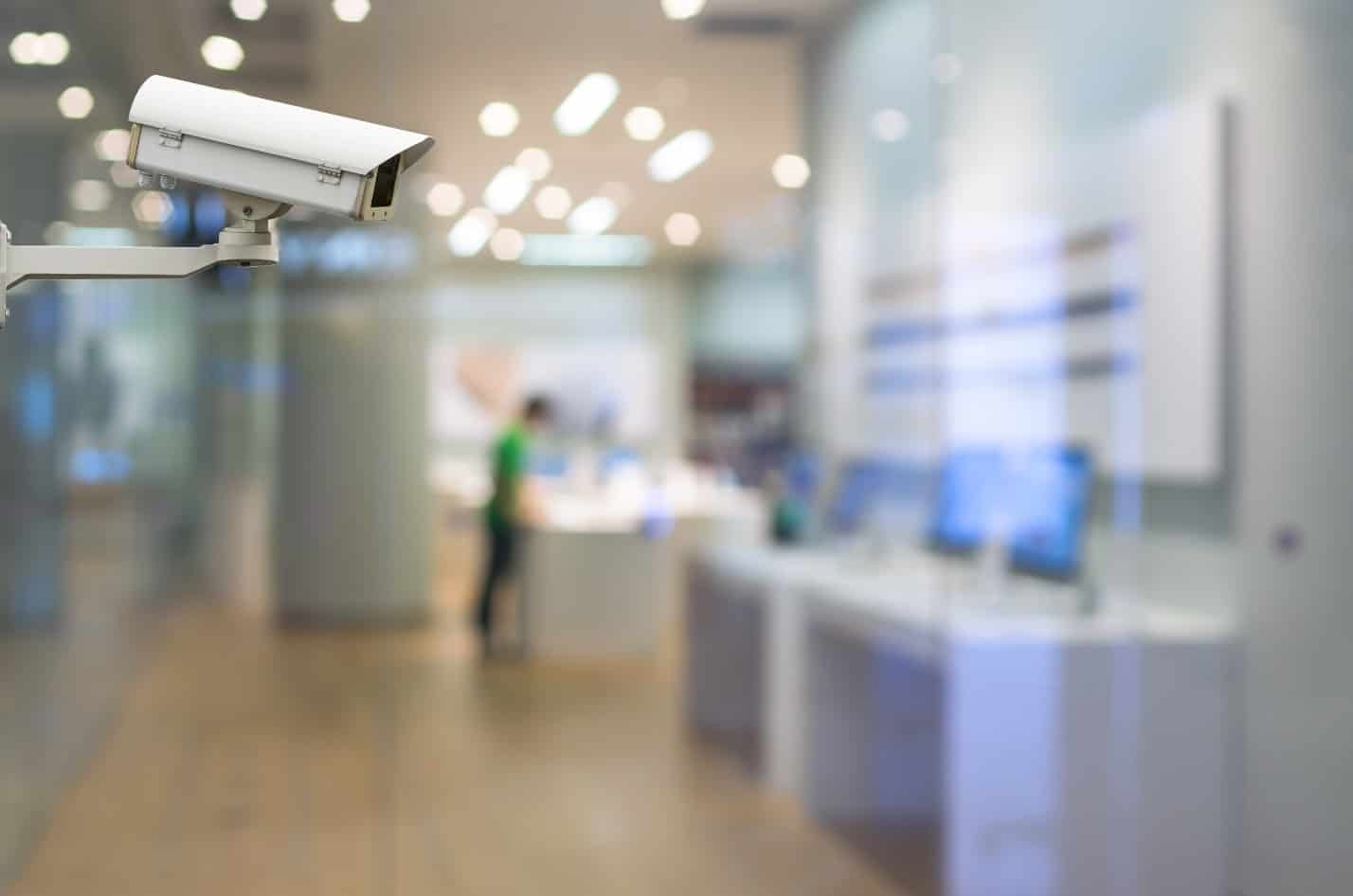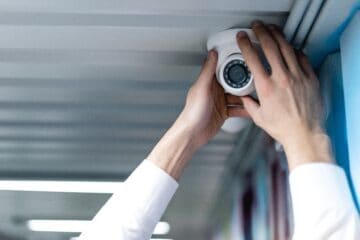A security system is essential to any business, especially those in retail, hospitality, or other consumer-based industries. However, just because you need a security camera system doesn’t mean you should leap into buying one before doing some research. Consider what types of cameras and recording storage you need and the areas of your business that require video surveillance.
In this article, we’ll discuss in detail the different types of systems available on the market and how Millennium Fire & Security can secure your business.
Before Starting, Determine What Your Needs Are
The answer to that question is more than you may think. By law, both the NFPA and FFPC require all commercial and industrial businesses have licensed contractors inspect their systems several times a year. Business owners who fail to adhere to these standards may be subject to a fine. Each piece of equipment, like alarms and sprinklers, has different inspection requirements.
Inspecting Fire Alarms
Video surveillance systems are much more intelligent and effective than they were even just a few years ago. They can send you personal notifications when they detect suspicious movement or even skip you and contact law enforcement immediately if they detect activity outside business hours. This used to be technology that was only available to big businesses, but now it’s been made easier for small business owners to record and store information at affordable prices.
With so many options out there, you must first determine your specific needs. If you have multiple locations, you might need a system framework that covers them all. Or, if you just have a single storefront, you may only need a few cameras to watch things. Before you decide on a video surveillance system for your business, let’s go over all the factors that go into security setup.
Pricing
We’ll start with the most obvious choice you’ll need to make. Pricing for video security systems depends on the size of your business, how many cameras you need, the types of features you want, and how long you want to store video.
The price range here is vast. If you only need something small like a one or two-camera system, prices generally start at $50 a month for monitoring. This price can escalate quickly if you’re a larger business, however. Some of the systems with advanced features can reach costs of up to $5,000 a month.
Installation
Installations are either the simplest thing in the world or difficult enough to warrant trained professionals getting involved. A Small business with only a couple of surveillance areas and simple wireless security systems could realistically install everything themselves. However, larger businesses with a big complex or several locations that need to be linked should have a professional do the installation.
What Kinds of Cameras Are There?
There are two different kinds of security camera systems: Internet Protocol (IP) and analog. IP cameras are digital and work using the internet, whereas analog cameras do not. Analog cameras used to be the mainstay of all security systems, but we’re seeing the market shift heavily towards IP cameras. There are pros and cons to both, but we’ll likely see most security cameras utilizing IP in the years to come.
Analog cameras tend to be:
- Cheaper to set up
- Simpler to use
- Store more recordings
However, IP cameras are catching up quickly. Right now, they:
- Have a higher image and frame rate quality
- Don’t require cable management
- Have encryption
- Have multiple sensors
- Greater technological abilities like people-tracking and smoke detection
The only strength analog’s likely to keep is storage, but that’s due to the video quality itself being worse, so there’s a bit of a double-edged sword there. While IP aren’t always wireless cameras, you generally only have to deal with one wire rather than two for analogs. We generally recommend IP cameras to most of our clients, but analog is sometimes the better option if your needs are simple.
Types of Storage
Your storage type will be dictated by the kind of camera you choose. There are three types of video data storage out there:
- Network Video Recorder (NVR)
- Digital Video Recorder (DVR)
- Hybrid
Simply put, NVRs use analog cameras, DVRs use digital IP cameras, and hybrids use a combination of the two.
How Long Does Footage Stay on Security Cameras?
This entirely depends on what you want. You can pay for long-term storage or use external storage devices if you want to have a long-term backup copy of your data—many surveillance systems store footage for about 14 or 30 days, but you can extend this limit with extra storage space. Or you can set your cameras to work using motion detection to keep potential months of video. Some systems will offer free cloud storage but it’s generally not a lot of space.
Where Are You Going to be Monitoring?
You need to consider where you’ll be placing your security cameras. Will they be monitoring after hours at night? You might want to consider night vision. Are they all going to be indoor security cameras, or do you require outdoor cameras as well? You’ll need to invest in weatherproofing those. Do you have access to run wires through the area, or will you need to use a wireless security camera? Many of these options will increase the price, so it’s important to have that information in mind beforehand.
Do You Want to Invest in a Monitoring Service?
Some systems don’t require contracts. These typically use motion detection to alert you via your phone when they feel like something may be amiss, or they might set a loud noise off and flashlights to scare the thief. Some might even offer two-way audio for you to yell at the intruder. While these are the cheapest options, they’re a defense that’s based on intimidation without a means of backing it up. If the loud noises and flashing lights don’t scare the thief off, and you’re either asleep, or you don’t have access to your phone, no one’s coming to protect your property.
To contact us, call us at (407) 253-7373 or visit our website.




